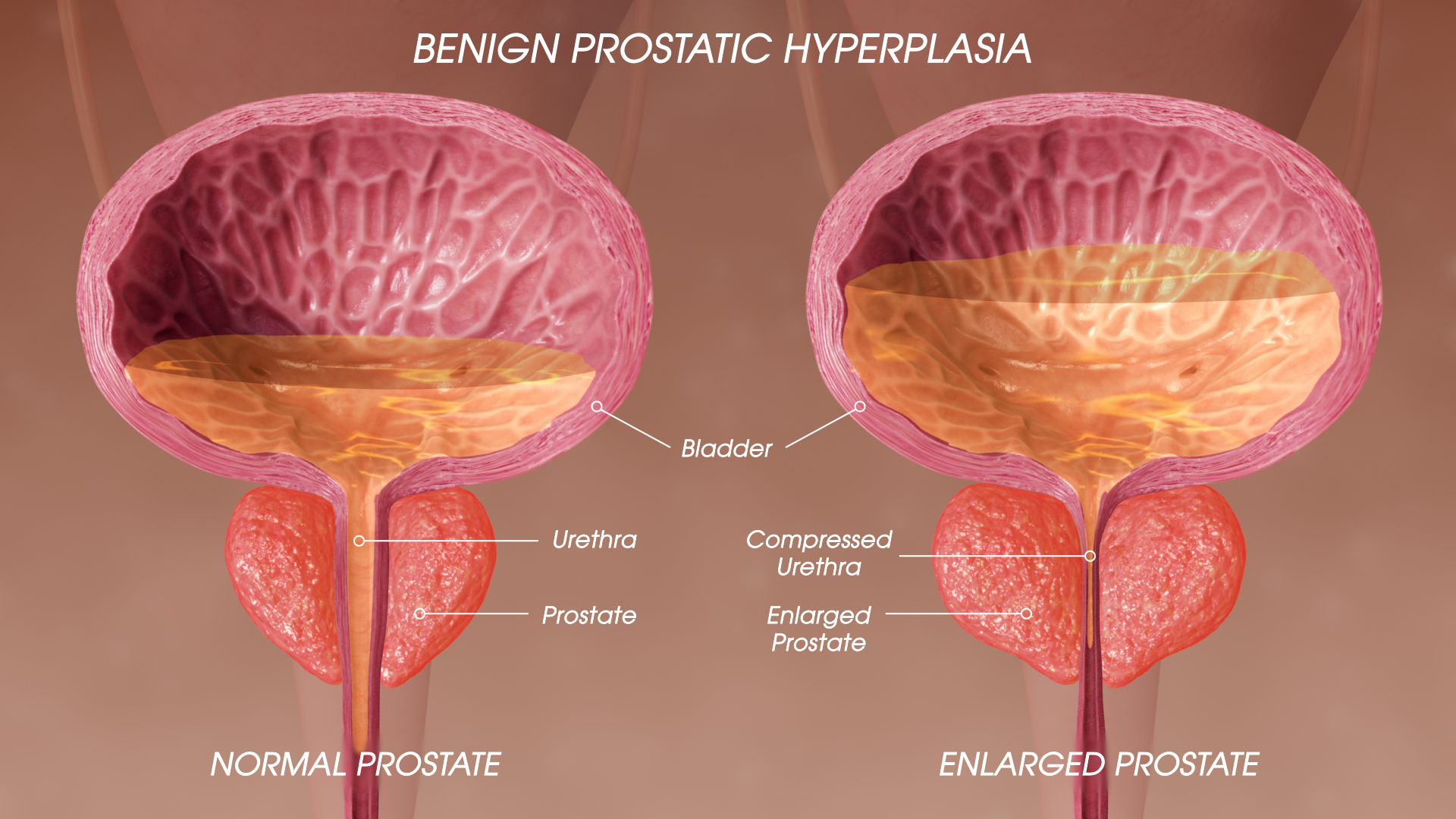What Natural Remedy Shrinks The Prostate

When it comes to choosing a natural remedy for enlarged prostate, there are many options to choose from and you don't even need to be a doctor to do so. Some of these options are Saw palmetto, Rye grass pollen, Astragalus Soy, Astragalus, and other options. It is essential to follow the steps step-by-step. If Reference doesn't work, consult a doctor.
Saw palmetto
While the precise mechanism behind action of saw palmetto isn't discovered, studies suggest that it could reduce BPH symptoms and increase the flow of urine. It is believed to reduce the production of leukotrienes (a type of hormone). There is no evidence to suggest that saw palmetto interacts negatively with other medicines. However, more research is needed to confirm the effectiveness of saw palmetto as a non-toxic treatment for BPH and prostate cancer.
One study showed that 225 men with benign prostatic hyperplasia (BPH) were treated with saw palmetto extract 160m twice daily for a year. The primary and secondary outcomes were the American Urological Association Symptom Index and urinary flow rate. Other measures included quality of life lab values, quality of life, and adverse effects.
Rye grass pollen
Studies have proven that ryegrass pollen can decrease the size of enlarged prostates and ease prostate pain and swelling. It also increases zinc levels in the body and is believed to be beneficial in BPH treatment. There are many benefits of the pollen of rye grass, including relief of BPH symptoms as well as an improvement in quality of life. This natural remedy isn't a cure for BPH and is not recommended to use it without consulting a physician.
Although there is a dearth of long-term studies of safety however, scientists believe that ryegrass pollen can be a safe and effective herbal remedy for prostate issues. Research conducted by Dr. Lynch who is who is a Fellow in Integrative Medicine at the Beth Israel Medical Center and Continuum Center for Health and Healing, and Dr. Lowe who is an expert in phytotherapy, looked at the potential benefits and risks of ryegrass pollen as an alternative to prescription drugs.
Astragalus
Astragalus is a natural ingredient that boosts the immune system, boosts metabolism, and helps heal wounds. It aids in the production and maintenance of white blood cells as well as antibodies. Astragalus can also be utilized to treat digestive disorders and treat ulcers. It also has anti-inflammatory, antioxidant and other properties.
Studies have demonstrated that Astragalus may reduce symptoms of BPH in patients and improve their quality of life. A review published in the Journal of Herbal Medicine Phytomedicine suggests that this herb could aid in treating benign prostatic hyperplasia. This herb is widely used in Ayurvedic medicine and may be a natural remedy to treat prostate enlargement.
Soy
Soy contains a natural hormone called beta-sitosterol, which has been proven to reduce inflammation in the prostate and improve flow of urine in prostate cancer patients. In an older clinical study, it led to a decrease in the volume of urine remaining in the prostate. It is also said to reduce the effects of prostate-related compounds. inflammation. Soy and other foods rich in omega-3 fatty acids may be beneficial to prostate health. In addition, some vegetable oils contain phytonutrients with anti-inflammatory properties.
Soy contains isoflavones, which can reduce the development of prostate cancer as well as reduce the symptoms of enlarged prostate and BPH. Soy products can also help those suffering from lower urinary tract problems that are associated with BPH. If you suspect you may have BPH, you can get an examination for free from LetsGetChecked. The labs that are used for these tests are certified by CLIA and provide fast results.
Caffeic acid

A natural remedy for prostate enlargement and BPH can reduce enlarged prostate symptoms and reduce prostate size in only seconds. BPH, or prostate that is larger is a condition in which the prostate begins to grow larger as a man gets older. Due to this, the prostate presses on the urethra and weakens the bladder. BPH can cause discomfort and other health issues like chronic infections, hematuria and damage to the bladder's wall.
In the current study 50 mg of prostate tissue was homogenized using 0.5mL of soap containing phosphate buffer. The homogenate was then combined with 0.25mL of SDS solution. The mixture was centrifuged at 15,300 x 10 g for 10 minutes at 4°C.
Beta-sitosterol
Beta-sitosterol can be a natural cure for BPH an unmalignant enlargement of the prostate. It can trigger symptoms such as irritative and obstructive lower urinary tract symptoms (LUTS). A phytotherapeutic preparation with beta-sitosterols is utilized to treat LUTS associated with BPH. It is extracted from a species of plant called star grass, which is found in South Africa.
Beta-sitosterol, a steroid, is derived from the prostate. It has been demonstrated that it can reduce the symptoms of BPH in males. A number of clinical trials have proven that beta-sitosterol has an effect on symptoms. It has been shown to lower the risk of prostate cancer.
